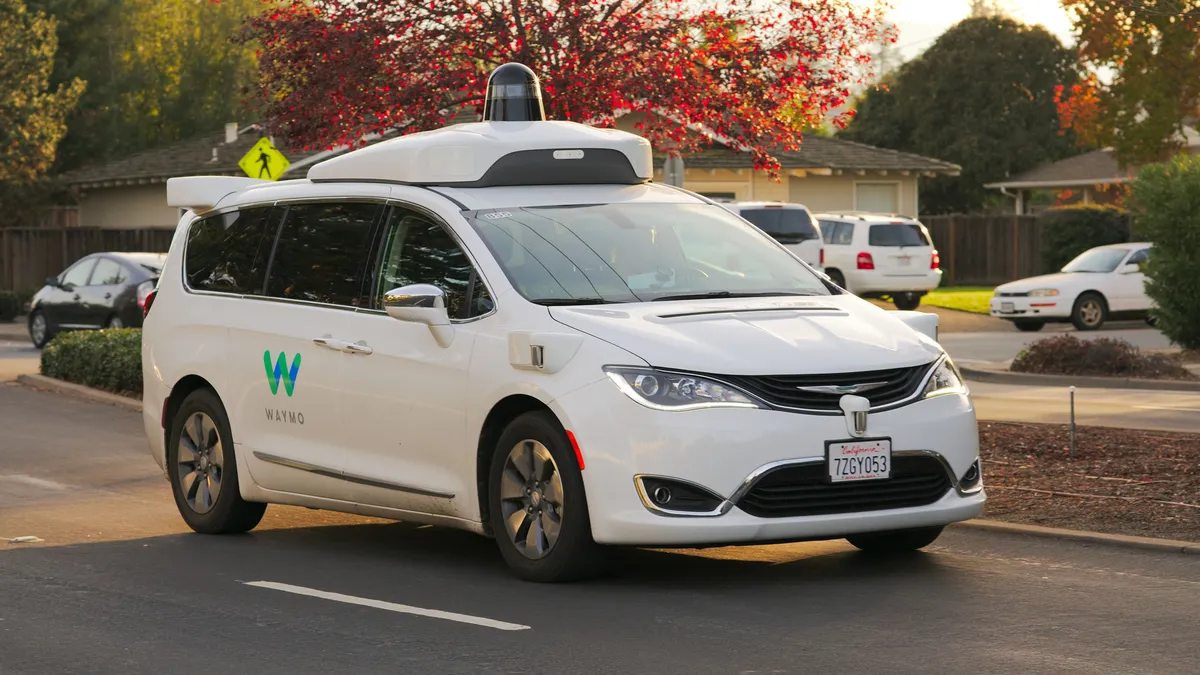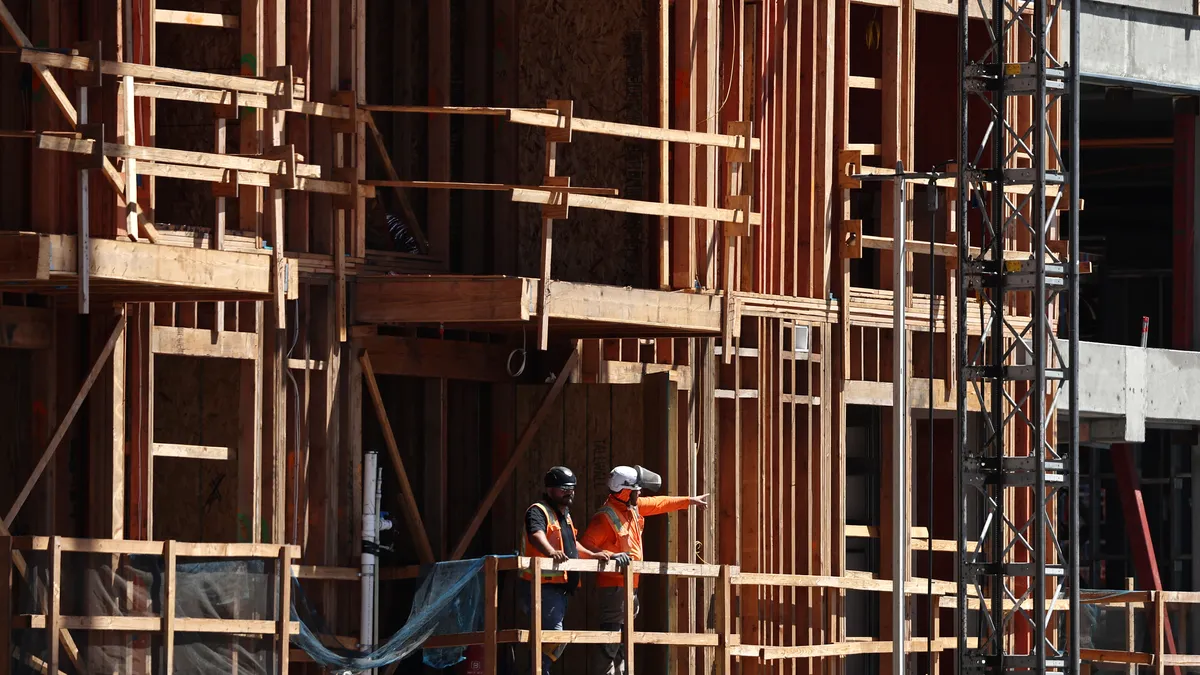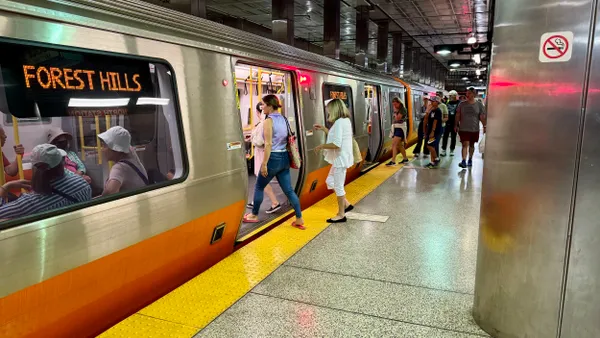Dive Brief:
- The Knight Foundation announced a five-year, $5.25 million initiative to take a citizen-centered approach to studying autonomous vehicles (AV) and how the technology will affect urban mobility.
- The initiative will pilot AV-centric projects in five cities: Detroit; Long Beach, CA; Miami; Pittsburgh; and San Jose, CA. Each pilot is customized for the city in which it will take place. Several of the pilots focus on integrating AVs as first mile/last mile transportation options in collaboration with existing transit.
- Pilot program organizers will meet with local residents in the five cities to get input on how AVs would best meet their needs. Leaders will share their findings with each other and with other communities. This investment is the largest of the Knight Foundation's initiatives thus far to develop people-centered smart cities.
Dive Insight:
AVs are a hot topic of discussion right now, but a lot of the talk has revolved around the novelty of the innovations and how they'll shape cities overall instead of the impacts at the individual, human level.
“Important conversations are happening among government and industry on what these changes mean for the future, but residents have largely been left from the table. Without their input, we risk designing cities for new kinds of cars, rather than for people," Lilian Coral, the Knight Foundation's director for national strategy and technology innovation, said in a statement.
Engaging people early in the development process and meeting their needs is important to prevent the technology from being a flop when it's released for public consumption. If it doesn't meet consumers' needs, they won't adopt the technology.
Initiatives to get locals' feedback on AVs are also important because a fair proportion of the public already is skeptical about the technology, and recent surveys show the levels aren't lessening. In fact, a new Cox Automotive study shows that although the public is more aware of AVs, consumers now view them as less safe than they did two years ago.
Portions of the population also are concerned about automation negatively affecting humans, hence the formation of a new coalition to address how AVs will affect the future of work in the United States. Tackling consumers' negative perceptions and skepticism from the get-go tends to result in more successful outcomes, as does keeping citizens in mind when pushing for innovation within cities.











